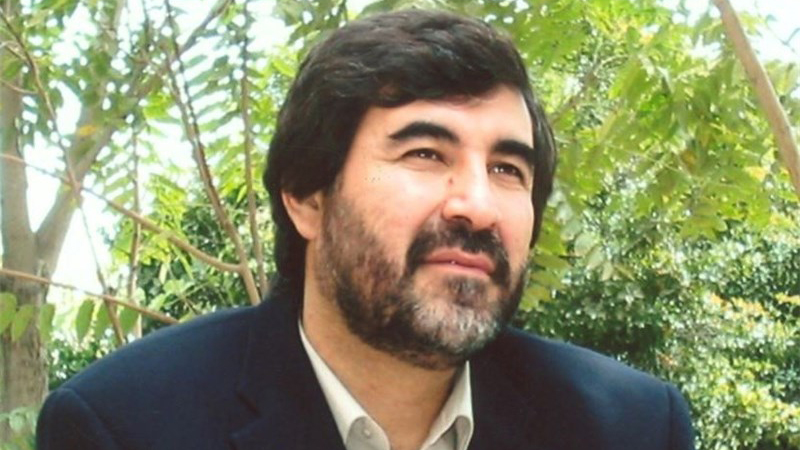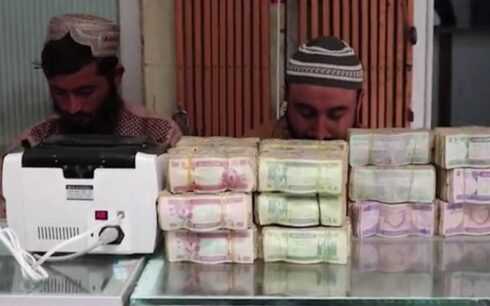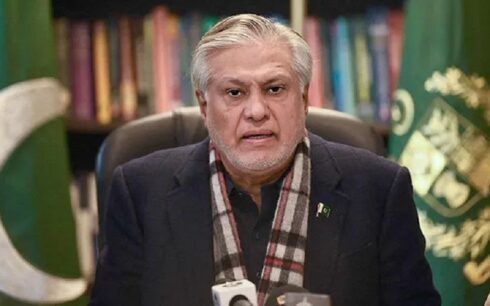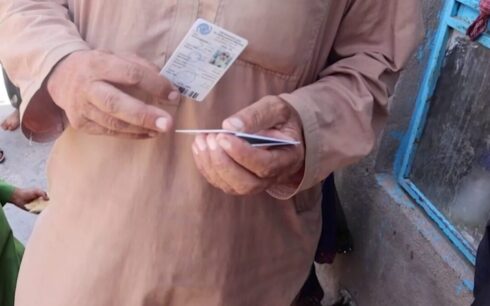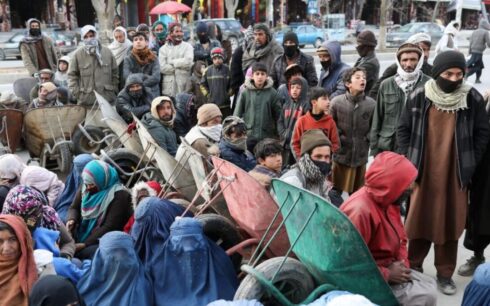A group of politicians in exile in a virtual meeting remembered former MP Mustafa Kazemi on his 16th death anniversary, calling him “the visionary of national unity” in Afghanistan.
November 6th marks the 16th anniversary of the assassination of Mustafa Kazemi, a former member of Afghanistan’s parliament and the former minister of commerce. He lost his life in a deadly bombing incident in Baghlan province in 2007, which also claimed the lives of 72 others, including some fellow MPs.
Former Vice President Mohammad Yunus Qanouni expressed his wish that such influential figures were still with the Afghan nation today, suggesting that their presence might have averted the unfortunate events that transpired in Afghanistan.
Mohammad Mohaqeq, the leader of the Islamic Unity Party of the People of Afghanistan, emphasized the complex moral landscape of Afghanistan’s history.
He criticized the Taliban, alleging that they have concealed their true intentions under their beards and turbans, asserting that the current administration in Afghanistan is perceived as a “murderous and criminal government.” He further accused the Taliban of remaining silent in the face of what he described as the oppression of the Palestinian people.
Mohaqiq stated, “Today they may proclaim themselves as Amir al-Mu’minin and commit acts of violence in that name, but a crime remains a crime, regardless of the label it bears.”
Ahmad Massoud, the leader of the Resistance Front, lamented the challenges faced by the Palestinian people, characterizing it as a consequence of significant intelligence and geopolitical maneuvering in the contemporary global context.
Kazemi was born in 1963 in Parwan. He was a key authority in Afghanistan’s interim government after the fall of Kabul in 2001 and a key participant in the Bonn conference in December of the same year. He was appointed as the minister of commerce in the transitional and interim governments in early the 2000s.
He founded Hizb-e Eqtedar-e Milli party, also known as the United National Front, in 2004 and was elected as the leader. The same year elections were held and Kazemi was elected to parliament as a representative for Kabul. He also became the head of the National Economy Commission in the House.
On November 6, 2007, during a visit to Baghlan, Mustafa Kazemi fell victim to a suicide attack at the Baghlan sugar factory. Five other MPs, including Abdul Matin, Sibgatullah Zaki, Haji Sahib Rahman Hemat, Nazik Mir Sarferaz and Mohammad Arif Zarif, were also killed in the bombing.
Some achievements by Kazemi when he was commerce minister and head of the parliament’s economic commission:
He established a mechanism to provide support for entrepreneurs for establishing small and large businesses.
He rolled out the “Directorate of Investment Support” to encourage investment in the country.
He succeeded in getting customs exemptions of 80% in the United States and India for Afghan goods.
Kazemi initiated the construction of Zaranj—Delaram—Chabahar transit road.
He established the Afghan Chamber of Commerce and built connections with the US, South Korea, Iran and many other countries.
He attracted investors and created the High Investment Commission as a hub and bridge between government and investors.
And he initiated the building of and renovation of industrial parks in Kabul and many other provinces.

